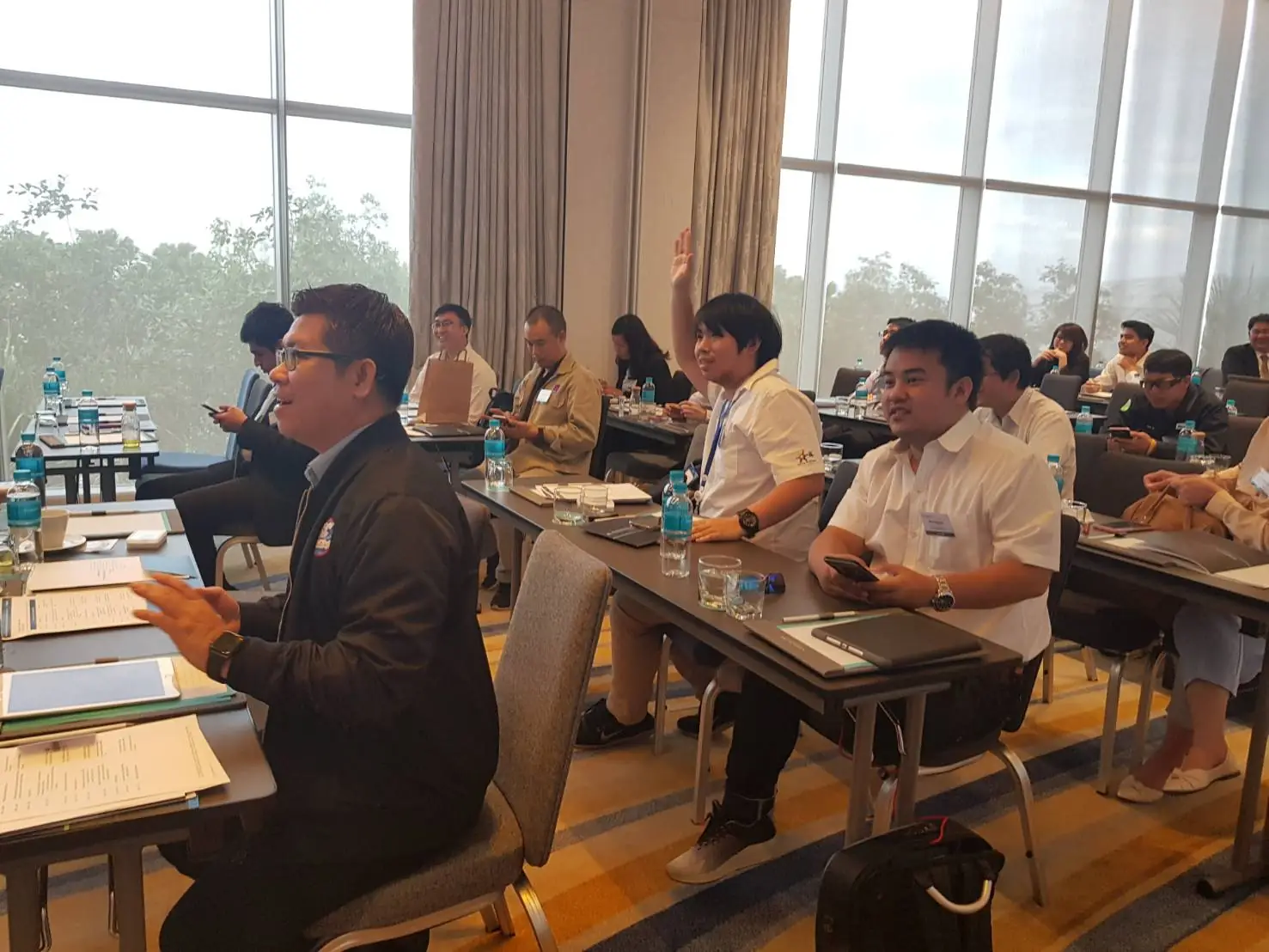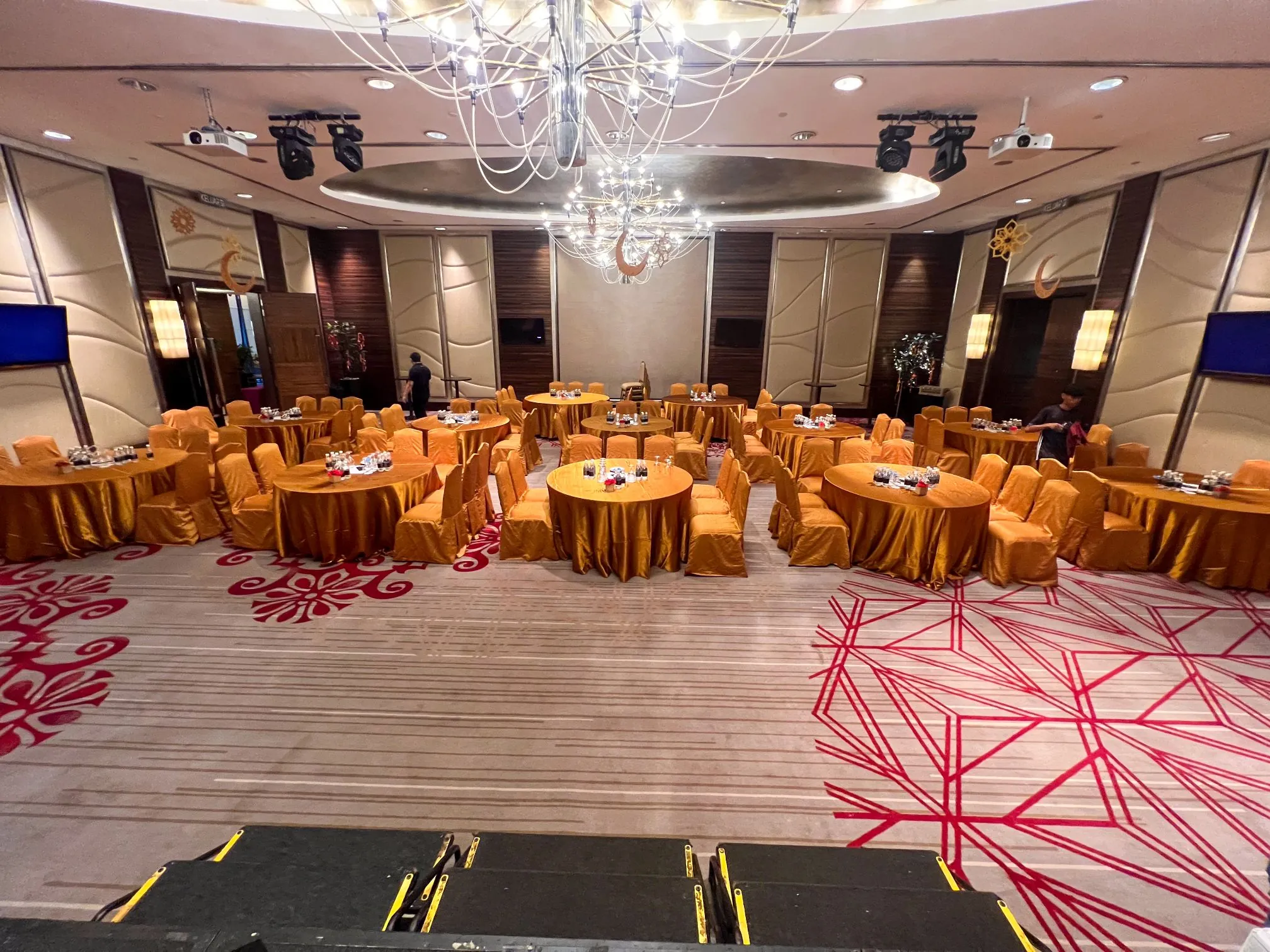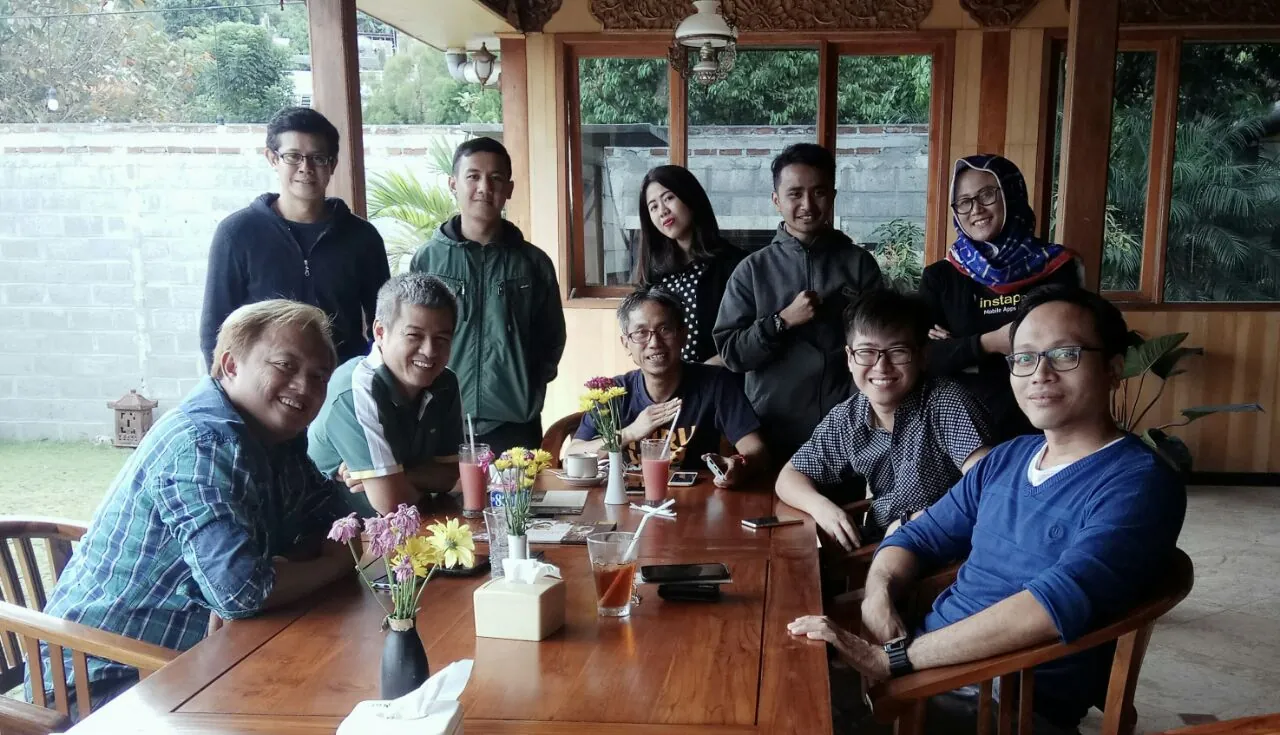
How To Choose The Perfect Venue For Your Next Corporate Event!
September 15, 2023
Measuring and Evaluating Impact of Corporate Events
October 26, 20235 Key Considerations For Corporate Event Planning
Research Guides · 5 Oct 2023
Most successful corporate events are done with careful thoughts and meticulous planning, which applies to conferences, product launches, or even team-building! From defining clear objectives for your event to getting feedback on the attendees’ overall experiences, each stage plays an important role in organising an event. Event planning can have adverse results without enough and proper preparation, potentially leading to unexpected spending and unfulfilled event objectives. To equip you with a comprehensive guide on event planning, let us delve into 5 important considerations when planning your next corporate event!
Strategising

Check Out Eventive's Event Planning Services
In today’s competitive business landscape, corporate events can significantly boost your company’s influence and impact in fostering relationships, enhancing your brand’s identity, and attracting quality sales leads. To achieve that, carefully strategising an event is essential to maximise its benefit. An efficient strategy will entail understanding your target audience, whether it’s a client, partner, or employee, as it is a fundamental pillar of every event. This can be done through social media analysis and conducting research on your audiences.

Check Out Eventive's Event Planning Services
Firstly, social media analysis serves as a monitor of the interest expressed through social media accounts. This process can be done by utilising social media software available by tracking keywords, hashtags, and mentions that are relevant to your company. Some of the software available for social monitoring are Hootsuite, Nexalogy, and Mentionytics, which can assist you in tracking social sentiments and interests revolving your company.
Secondly, conduct thorough research to understand your target audience and gain more useful insights about them before organising your corporate events. Details such as their demographic, interests, and challenges will help you create an event that speaks to their needs. At the end of the day, careful consideration and strategising will ensure a well-organised event and maximising the event’s impact.
Incorporating social media analysis with adequate research are just a few of the many strategies you can use before the event to know your target audience better. By knowing their interests and preferences beforehand, your corporate events can be tailored closely to customers’ expectations and, in turn, improve the attendees’ engagement.
Entertainment

Check Out Eventive Event Production Services
Another important factor contributing to successful corporate events planning would include selecting appropriate entertainment that would enhance the corporate events while supporting its objectives. Some popular options include having keynote speakers, interactive workshops, and trivia to engage better with the crowds. While selecting your event’s entertainment, there are a few factors to evaluate as well. This consists of tone and style, cultural sensitivity, and timing.
Firstly, when it comes to tone and style, it is a judgement call for you to decide on entertainment that matches the event’s formality and ambience. Entertainment for team-building events will surely be different compared to product launches. To illustrate, talent shows and improv are more appropriate to boost morale during team-building rather than a product launch. In comparison, an interactive product demo and video show will be more suitable for product launch events than a team-building. This exhibits how it is important to differentiate the tones before selecting the entertainment.
Next is cultural sensitivity. The planner must ensure the entertainment provided at corporate events is culturally sensitive and does not alienate any attendees. Some guidelines to help make culturally sensitive entertainment choices are through avoiding any cultural appropriation and stereotypes. Alternatively, opt for performers, dancers, and acts from various cultural backgrounds to promote representation.

Check Out Eventive Event Management Services
Last but not least is the timing of the entertainment. Plan carefully so the entertainment will not interrupt the event flow by time overruns, technical glitches, and loss of focus, amongst others. While entertainment is essential to draw attention to your agenda, it should not disrupt the event’s main objective, the flow of the event. Some key things to pay attention to when scheduling the entertainment are :
Transition : Slotting performances and entertainment between agenda might disrupt the flow of the event, for example scheduling a performance right after the introduction might interrupt the flow of the event.
Comfort of Audience: Avoid scheduling performance for too long or too late into the event, which might lead to reduced engagements.
Overloading the Agenda: Having too many performances or entertainment in a short period can overload your agenda, leading to overwhelmed attendees and disorganised event.
Logistics

Check Out Eventive's Event Planning Services
The third consideration in planning your corporate events is logistics. To ensure a seamless event, the itinerary, presentation technology, and venue inspection are some of the logistical aspects that have to be carefully planned. For example, if you are planning for corporate events such as networking lunches or team-building sessions, consider choosing a venue that is within proximity of the company for ease of transportation.
Other additional elements include the staff parking and communication plan between the organiser and your team. A few tips for an easier way to organise your logistics is by communicating parking instructions in advance and sharing emergency contact with all participants. This is why it is important to carefully select your event organiser as well. In case an issue arises during corporate events, you know you’re in good hands.
Aside from those, be mindful of health and safety measures to guard the well-being of everyone involved, as it is always a top priority for any event. Paying attention to it is crucial for a positive experience among the attendees. Having a safe, convenient, and smooth coordination in your corporate events, will surely leave a memorable and hassle-free day for not only the participants but yourself included.
Venue

Explore Eventive's Past Seminars & Conferences
The venue you choose will set the foundation of the entire corporate events experience, which makes it another important consideration for your event planning. Several key factors to bear in mind while taking your pick are the location, accessibility, layout, capacity, and audiovisual functionality. To avoid being overwhelmed with the abundance of choices and decisions to be made, make a list of your event’s requirements before looking for the perfect venue for your corporate events.
Firstly, choose a venue that is accommodating for your attendees. If you are planning to boost your attendance, make sure there is adequate seating, available facilities, and of course, a substantial amount of staff helpers to assist your guests in case of emergencies.
Secondly, ensure your corporate events are highly accessible, which entails the last connectivity to public transport and ramps for individuals with disabilities. Organising an event in an accommodating and accessible venue is a great start to making your event more inclusive and, therefore, successful. When it comes to corporate events, it is always critical to be welcoming to all of the attendees, and making it more accessible is just one of the steps closer to that.
Attendees

Explore Eventive's Networking Events
Successful corporate events pay close attention to their target audience. This is done to provide a tailored experience for the audience as well as prevent other elements that can be overlooked for not understanding your attendees well enough.
Firstly, avoid holding events on Fridays as attendees may have prior engagements leading into the weekend. Instead, organise an event on Tuesdays or Thursdays since these days of the week are the most popular option to hold one .
Next, strive for diversity in your speaker representations, host, or panellist. Depending on the type of your corporate events, you can hire hosts from multicultural backgrounds. Also, reach out to speakers from various groups to connect better with the audience. This is very important to promote diversity and inclusivity to your participants, as a monotonous representation will offend some groups of underrepresented minorities.
Even if it does not, having the representation will make your attendees feel seen and appreciated, so it wouldn’t hurt to implement it. After all, putting your attendees at the forefront of priority will not only meet their expectations but also exceed them, making the hours spent planning the event worth it!
Corporate Event Made Easy Through Careful Consideration
Thorough consideration is a principle and also a process leading to a successful event. The dedication spent in planning for your event will also enhance the experience and satisfaction among your attendees who attend. By applying the five important considerations mentioned, you can plan your event with a clearer direction which perhaps can be a positive experience for yourself, too!
Let’s Collaborate.
Get in touch with us for your next event!
We hope you enjoyed this article “5 Key Considerations For Corporate Events Planning ”. Head on to Our Works to see the events we have managed!
If you are looking to manage an event, then look no further than us.
